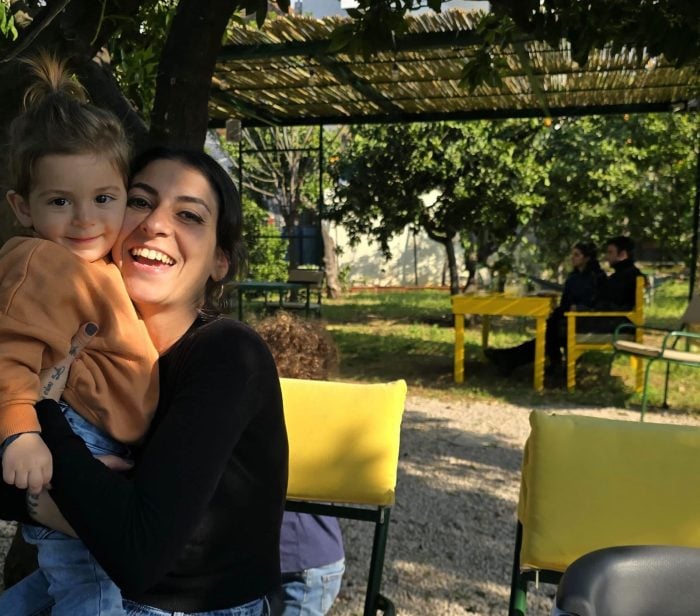I needed parenting hacks when I became a mom.
I took multiple parenting courses, read books on motherhood, and connected with other mothers. But no matter how much you think you know about parenting, there will always be challenges that will bring you to your knees.
I spent many hours on Google when my son was born. My questions were innumerable, and although I did everything right, I felt there was something missing. My past traumas started to resurface and I felt triggered in many ways. I wanted to be a perfect parent, but I couldn’t meet the ridiculous standards I had set for myself.
It took me some time to realize that what has always been missing is not within my child. I shouldn’t have worried about becoming a perfect parent (because let’s be honest…that’s not possible). Mistakes are bound to happen and failures on the parenting path are nothing but opportunities that push us into becoming better (not perfect) parents.
Google has helped me to rethink tricky situations like how to treat croup at 2 a.m. or how to deal with potty regression at 18 months. Other mothers have told me their stories and inspired me to make wise choices. The only thing that the internet (or anyone else) can never do for me though is my own inner work.
Before the child’s born we prepare their environment and make sure it’s safe and well-designed. We prepare the crib, the toys, and the hospital bag. But we forget to prepare ourselves for deep work.
There’s no denying that reparenting ourselves takes time and commitment, but it also helps us to become better parents. It transforms our relationship with our children into a meaningful one and determines how emotionally healthy our children will be in adulthood. Healing our inner child will change our children’s future and impact all their personal decisions.
The only way to create this once-in-a-lifetime opportunity for our children and break the multiple generational traumas in our family is to understand how crucial it is to reparent ourselves. We need to open our eyes to see that it is not our children who need to change. It is our responsibility to manage our actions and reactions and heal our unmet needs and wounds before trying to control our children.
When we do that, the “disappointing” or “annoying” behaviors that our children show automatically shift. We realize that our children, no matter how difficult they might get, are not the source of our suffering. Our reaction to their difficulty says a lot about the inner work we need to do. We’re the only ones who are responsible for our suffering and it is our job to make sure we don’t pass it on to them.
Instead of trying to eradicate their “disobedience,” we lower our own parental expectations. We ask ourselves why their difficult behavior is triggering us and find healthy ways to reorient them.
This emotional liberation helps us to move into a space of comfort, peace, security, and empowerment. When we face our own fears and discomfort, we break the patterns that have long hindered us and reconnect with the lost parts of ourselves. We also reconnect with our children and their unmet needs instead of suppressing what they really want from us. Together we grow and embark on this journey of self-discovery.
Reparenting ourselves isn’t just a hack; it’s our only chance to change our children’s life—and ours.
~


 Share on bsky
Share on bsky





Read 1 comment and reply